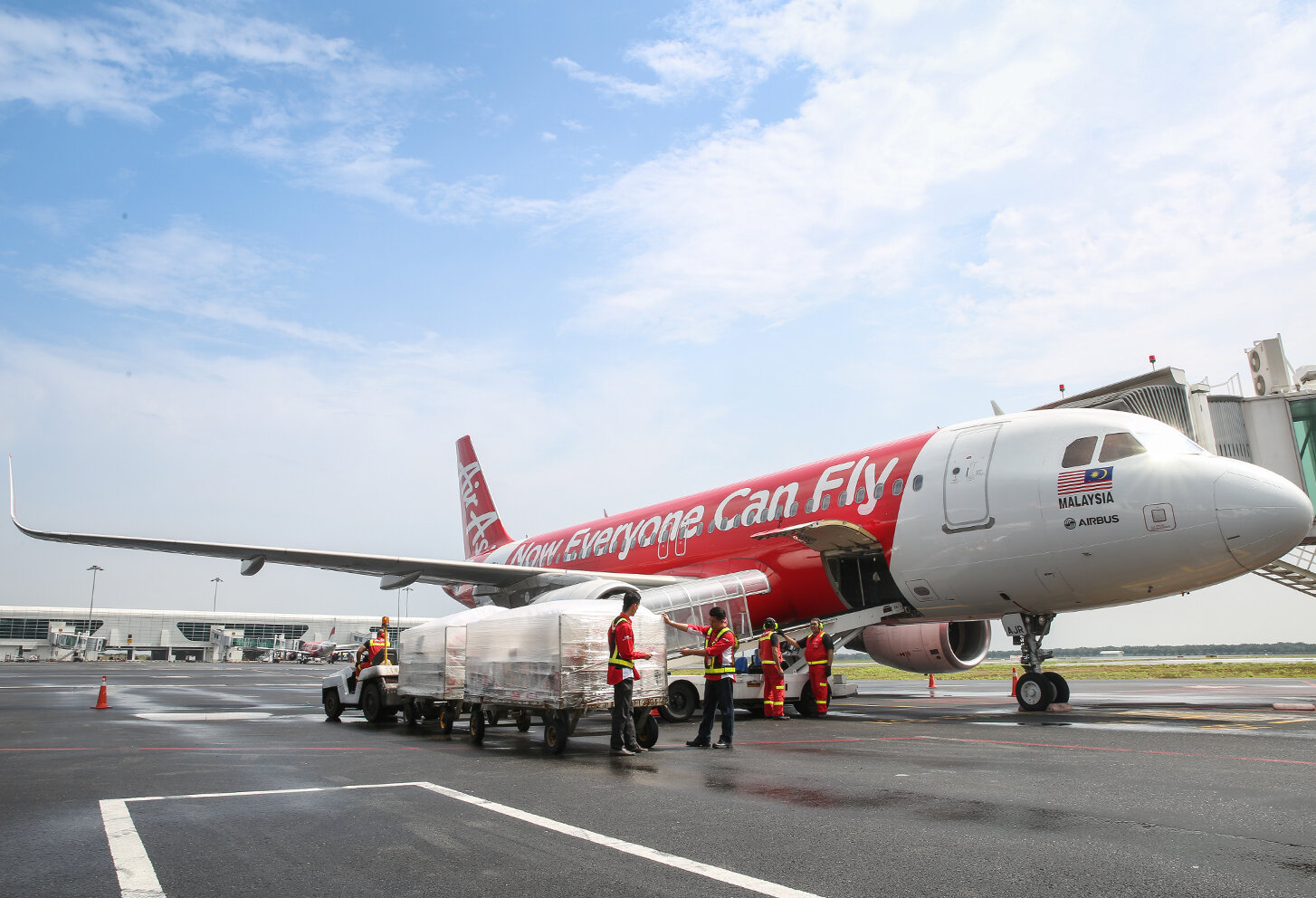Putzger perspective: Thinking outside the cargo hold
01 / 06 / 2022

Photo: AirAsia
By now most folks are wondering where the next big disruption is going to come from. The past two years have been a wild roller-coaster ride and there is little to suggest that we are on the verge of a return to stability.
Nevertheless, airlines keep ordering freighters, and that includes carriers where the idea of all-cargo planes was anathema in the boardroom as recently as 2019.
The window of amortisation for such investments does not allow short-term opportunities to dictate these decisions, indicating a widely shared expectation that airfreight will continue to see robust growth, despite the twists and turns in the global economy.
The sector seems almost impervious to disruptions. In fact, it has benefited from them to some extent.
The litany of woes for importers receiving their goods by ocean and rail has forced many to resort to using airfreight and somehow cope with the stratospheric costs.
The prospect of more volatility going forward bodes well for this industry, but it also means that operators have to be better attuned to what’s going on in other modes and what shippers need.
Just putting your head down and getting on with the job on hand is not enough.
Increasingly companies are moving outside the box. To name two recent examples, in March ECS Group unveiled a global mail and e-commerce service, claiming to be the first GSSA to venture into that space.
The same month saw onboard courier firm TCS organise a transatlantic B777F charter.
Others venture into other modes of transport altogether. Earlier this year Teleport, the cargo arm of AirAsia, invested in Kargo Technologies, Indonesia’s largest trucking marketplace with the declared objective of “expanding Teleport’s mid-mile capabilities beyond just air cargo” and to support its commitment to 24-hour deliveries across the archipelago.
Montevideo’s MVD Free Airport rebranded recently to “Latin America Cargo City” to better reflect its multimodal scope of activities, as it regards itself as a facilitator of synergies rather than an operator of an air cargo area.
Stan Wraight, president and chief executive of Strategic Aviation Solutions International, stresses that airlines have to raise their gaze beyond their own operation and shape their strategies and services in line with broader trends and requirements in supply chains.
“It’s what you do in logistics that makes the difference,” he says.
Latin America Cargo City launches with logistics hub ambition














